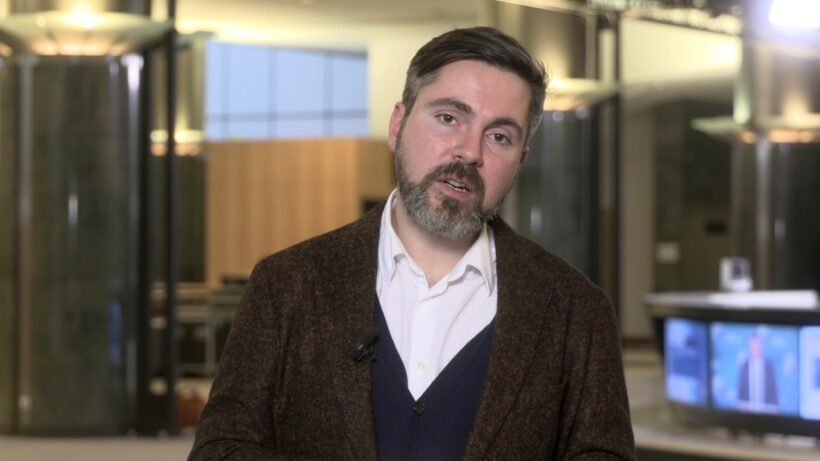According to MEP Fabio De Masi (Bündnis Sahra Wagenknecht) the European Parliament has been hijacked by radicalised transatlantic thinking and will play no role in international discussions.
By Piotr Jastrzębski
As a member of the European Parliament, how do you assess the performance of the previous European Parliament?
The idea of European cooperation has largely been hijacked by market integration in favor of very large corporations. The European Parliament has not addressed the most pressing issues such as the crumbling of our public infrastructure. Furthermore, the European Parliament and the EU play no serious role in international diplomacy as its position on the war in Ukraine is fraught with verbal radicalism such as “total victory over Russia!” instead of a realistic strategy to end this terrible war. The latter would entail to guarantee the security of Ukraine while scrapping the destructive strategy of NATO enlargement that fueled the illegal invasion by Russia. In addition, the Parliament’s double standards have been exposed in the wake of the reaction of the far-right Netanyahu government to the terrorist attacks of October 7 with its grave breaches of international law. Netanyahu, who for many years even strengthened Hamas to divide the Palestinians, has exploited the terror to wage a long war that destroys any realistic perspective for a functioning Palestinian state.
How do you assess the new composition of the European Parliament? What changes in the adoption of political, economic and social initiatives do you expect? What are your priorities for the current parliamentary term?
The political right is strengthened while the so-called center around Ms von der Leyen stretches now from the Greens to the Italians around Post-Fascist Meloni. They try to uphold the failed foreign policies of NATO which have contributed to the migration crisis that now haunts Europe. On important issues such as more public investment, taxing the billionaires as discussed at the G20 or addressing the crisis in the automotive sector and protecting workers’ rights, I do not expect a lot from the Parliament given its current composition.
On 19 September, you voted against the EP resolution on the continuation of financial and military support for Ukraine by EU member states. Why did you vote against it? What is the content of this resolution? What are the consequences of this resolution for the European Union?
The EP resolution demanded the deployment of long-range weapons to carry the war towards Russia’s mainland. Even US President Joe Biden is opposed to such a move as the US intelligence services warn of the great risks of a war totally spiraling out of control. I voted against not because I deny the need to help Ukrainians to reconstruct their country, nor do I deny their legitimate right to self-defense. However, international law also mandates serious efforts to solve conflicts by diplomatic means. In March 2022, Ukraine and Russia were very close to such an agreement, but the West – and in particular the UK – sabotaged it. The price is now being paid by the Ukrainians as you can’t win a war against a nuclear power with such an endless capacity to mobilize soldiers on the battlefield. There was a case for strengthening Ukraine’s capacity to self-defense in the beginning of the war, as long as it would have been used to negotiate a lasting cease-fire. But that did not happen.
Can we expect the EU to return to diplomatic dialogue to resolve the conflict in Ukraine diplomatically?
The European Parliament will play no role in the international discussions such as around the Brazilian-Chinese diplomatic initiative. The EP has been hijacked by a radicalized transatlantic mindset. A lot of these people will miss the last bus from Washington DC when a new US president – whether Trump or Harris – will already have taken the last exit from Kiev.
Piotr Jastrzębski is journalist, a publicist, and a writer. In 1999 and 2000 he worked as a reporter in Yugoslavia for several news agencies. Multiple trips as well as first-hand experience of living in Serbia and Kosovo led Piotr to writing a book “Humanitarian war”. Although it is full of facts, it completely contradicts the image of the conflict in the Balkans, which was presented by mainstream media. He also worked as a correspondent during the recent war in Artsakh, a region widely known as Nagorno-Karabakh. Piotr was invited to be an election monitor in Central African Republic and actively participated in events commemorating the genocide of 2014 in the House of Trade Unions in Odessa. He provided commentary for events from Yugoslavia, Serbia, Kosovo, Greece, Armenia, Belarus, Turkey, Ukraine, and the UK.






